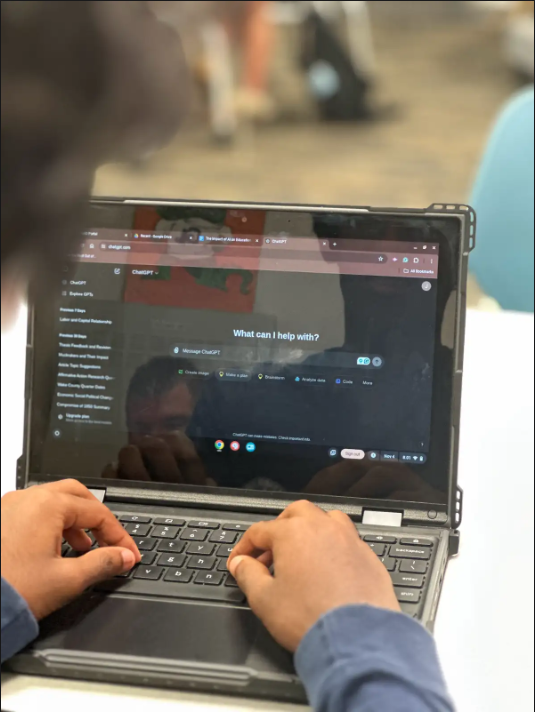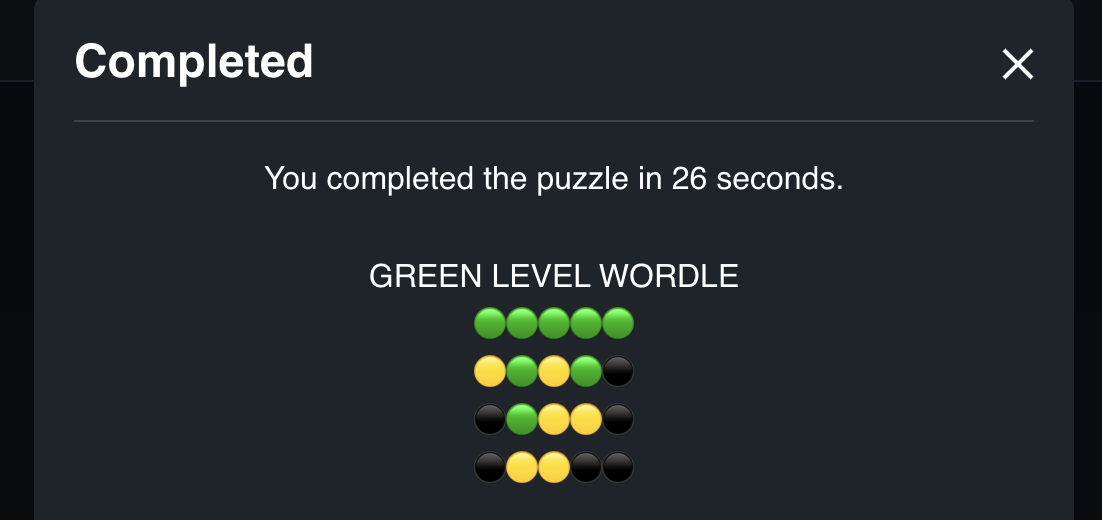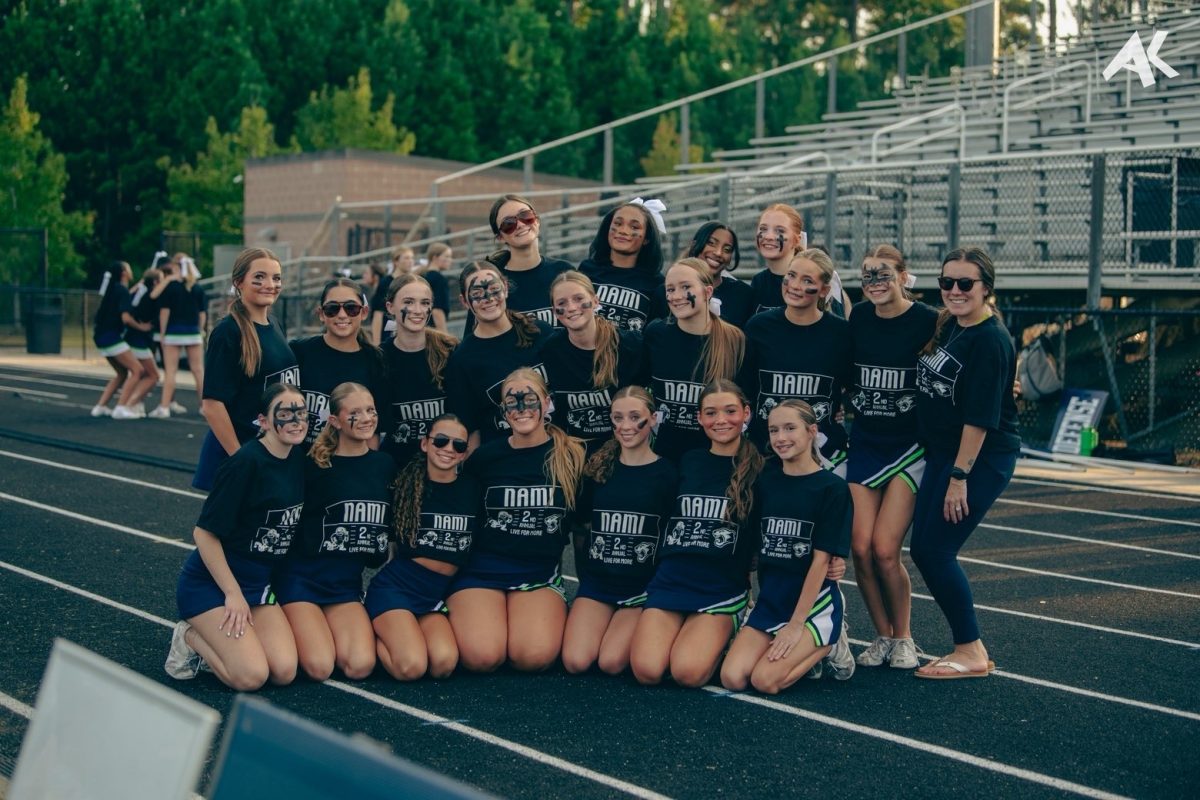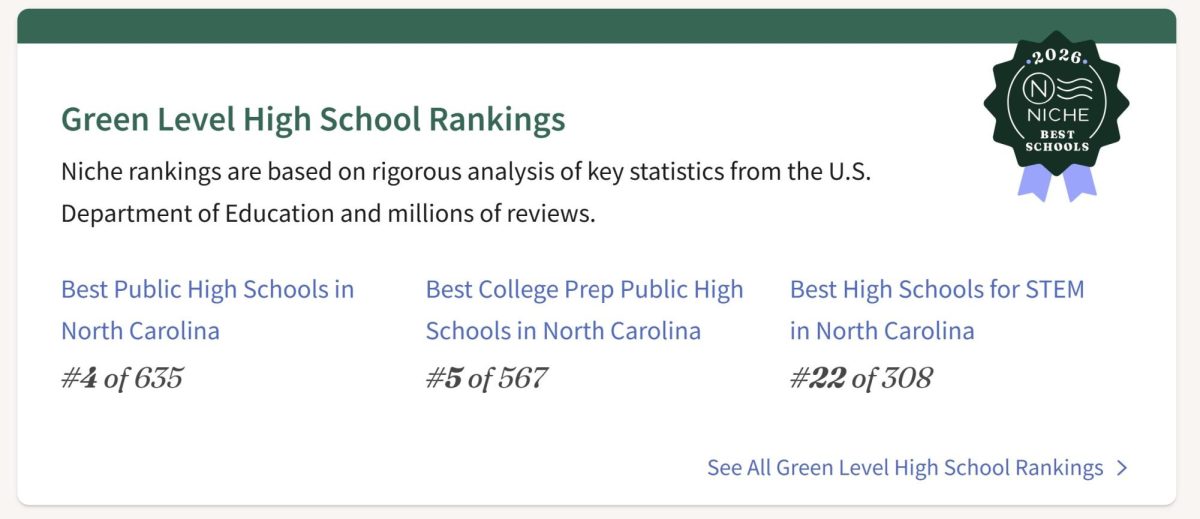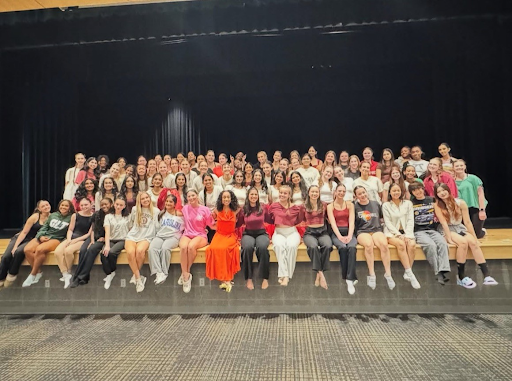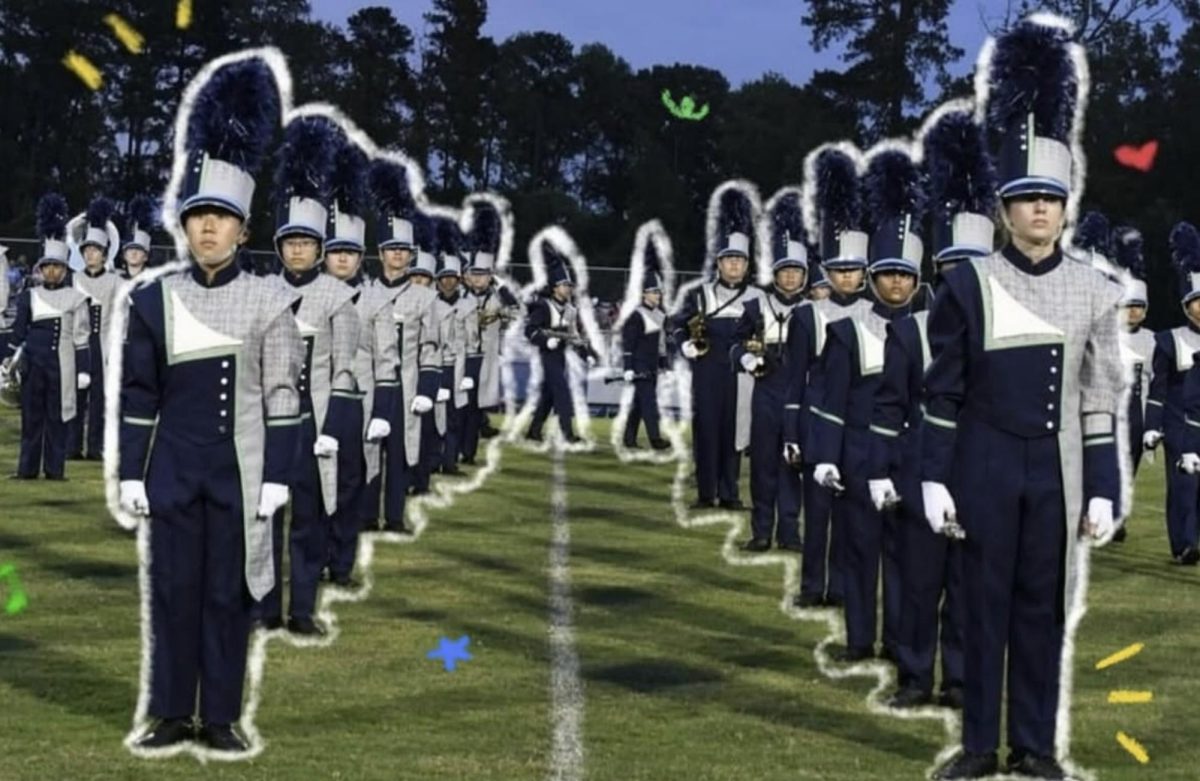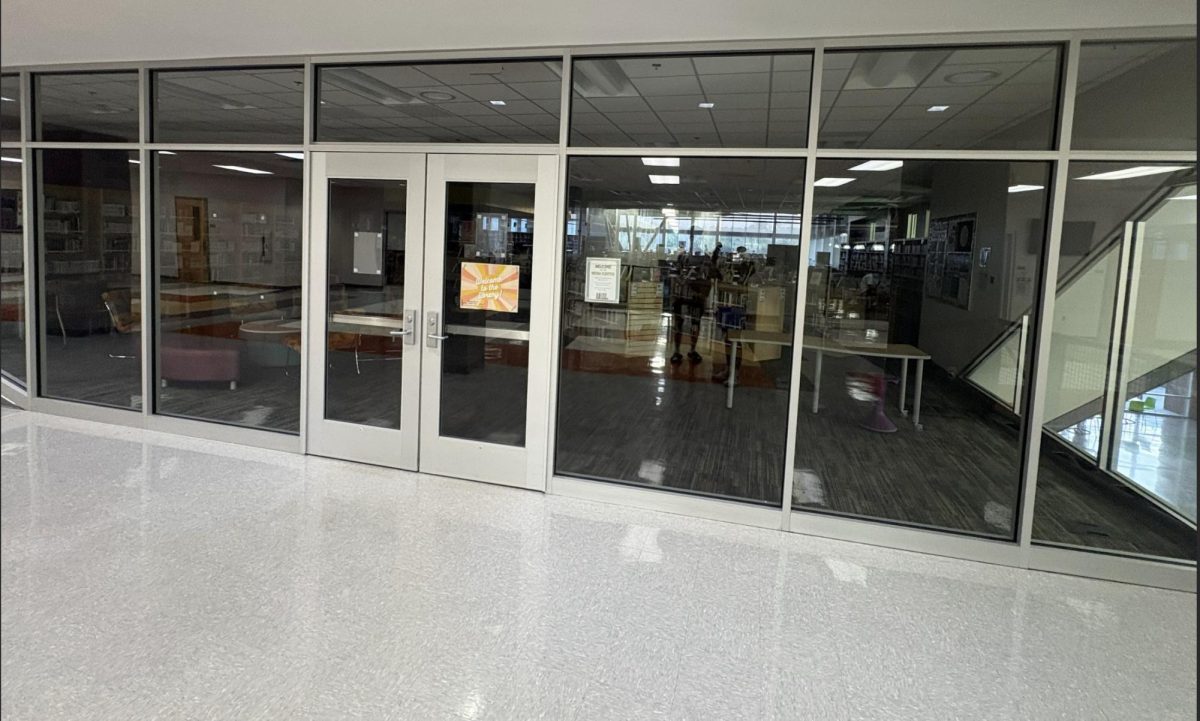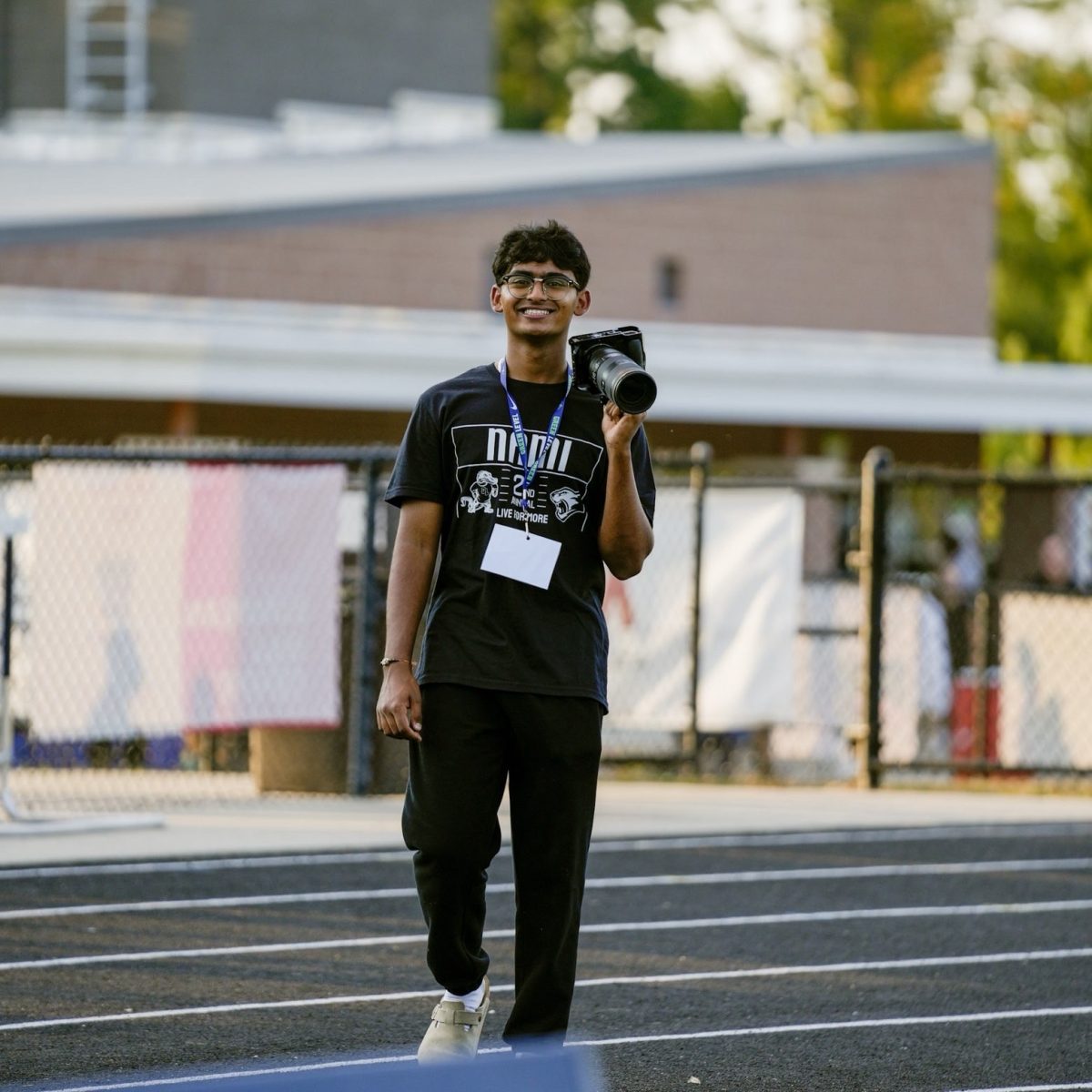Artificial Intelligence (AI) is becoming integral to our daily lives, even if we don’t notice it. From voice-activated assistants like Siri to facial recognition to unlock our phones, AI is beginning to transform the way we live. More specifically, AI has had a significant impact on education, as well.
Many different AI systems are catered for the education system. These systems can be used by students and teachers alike. One of its largest benefits is providing students with personalized learning experiences. AI can analyze student data on how they learn, what subjects their strengths and weaknesses are in, and how they adapt to different learning styles. With this, AI can develop a pathway and develop a learning style with customized lesson plans and assessments adapted for each student to maximize their learning potential. This helps them find tutoring opportunities that apply specifically to their needs.
AI tutoring systems are making tutoring even easier. These systems can provide students with real-time assistance while targeting specific areas where students need the most help. This allows students to actively fix their mistakes in real-time. This can also make it easier for teachers, giving them more time to focus on grading and lesson planning.
However, AI can help them with that too. Many automated grading systems are powered by AI that help educators with routine assignments. This gives them more time to focus on interactive teaching and providing personal support for struggling students.
AI can have many setbacks in the education system, as well. The main problem that can be addressed is cheating. With the power and innovation of artificial intelligence, teachers and school administrators often express their concerns regarding the discouragement of critical thinking as AI can almost do that for them. The most predominant AI system is ChatGPT, a chatbot that responds to the user in real-time, giving them intellectual responses about any topic they request. Students can use this to do things like cheat on assessments by asking ChatGPT the question on their assignment and using that response instead of their own thinking.
It’s important to find a balance between the potential of AI in the classroom as well as its prominent complications. AI is continuing to advance and develop, and sooner than later, guidelines are going to have to be put in place regarding morals and the extent to which AI is ethical to use in education. It can have many benefits for both students and educators but it can also have drawbacks on how students can learn and apply themselves to their education.

